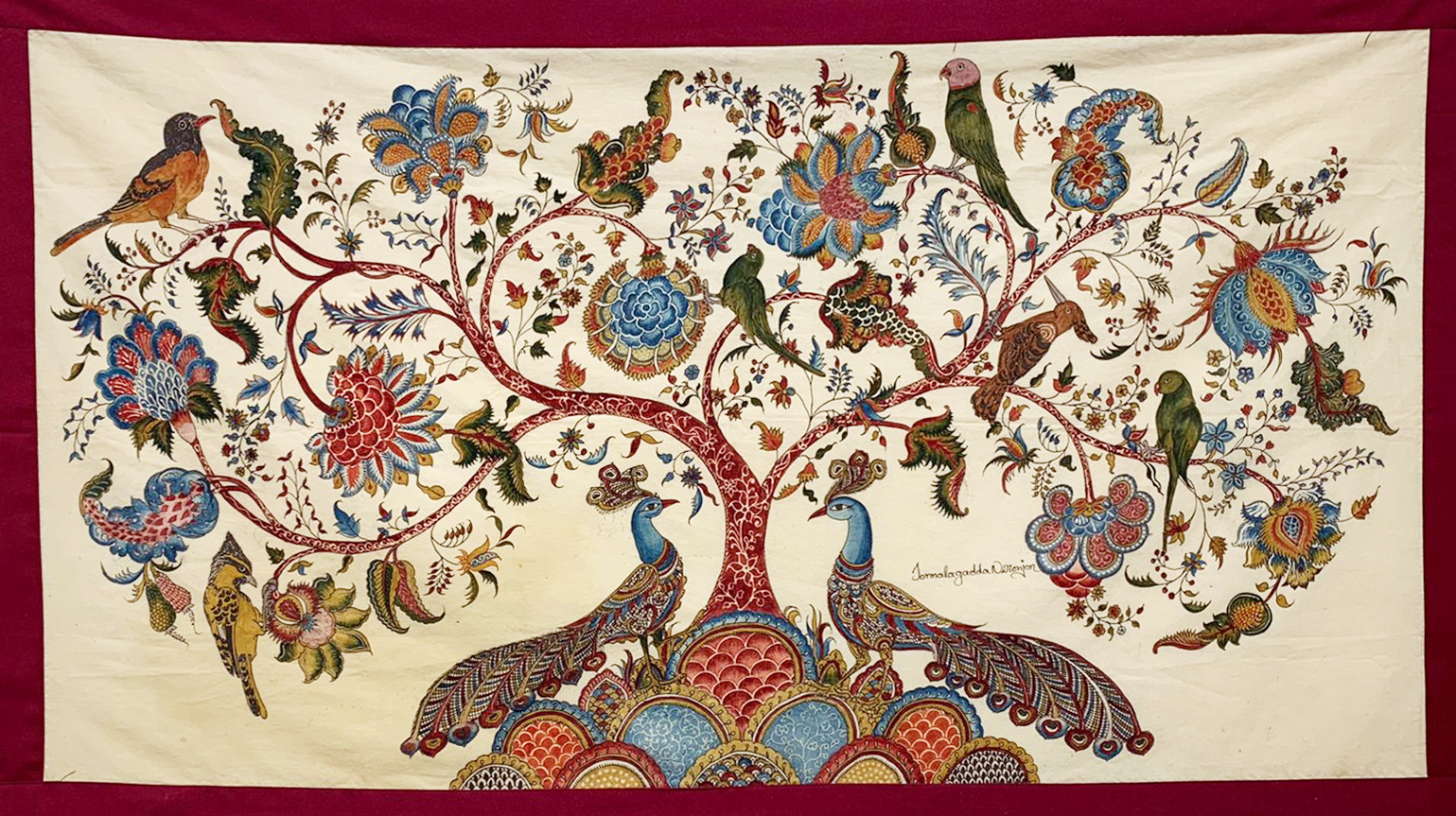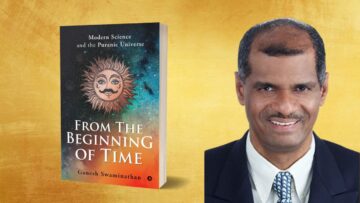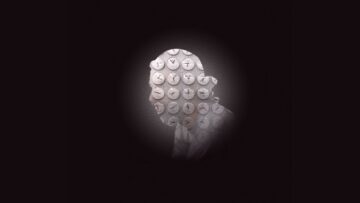Center for Embodied Knowledge is pleased to announce a collaboration with Antati, a Singapore based museum and historical research consultancy for organising a Chintz to Prints workshop. Through this collaboration CEK seeks to bridge the understanding between Asian cultures and promote the interpretation of Indian craft traditions with an accurate lens. A grant of 2000 SGD is also being made by CEK to defray the expenses towards the workshop.
About the Workshop: Chintz to Prints
South and Southeast Asia have had long interactions particularly in the field of trade. The barter of textiles for spice was one of the most significant reasons for the networks that developed between the regions, a network that has laid a strong foundation for any contemporary links. To understand this particular history of Southeast Asia, Antati is offering a specialist workshop that enables learning through a novel approach. By tying together art, history, and art history Antati has created an interactive learning experience for adults; professionals who have a solid background in the history of the region but are seeking a more in-depth understanding to enrich their own work.
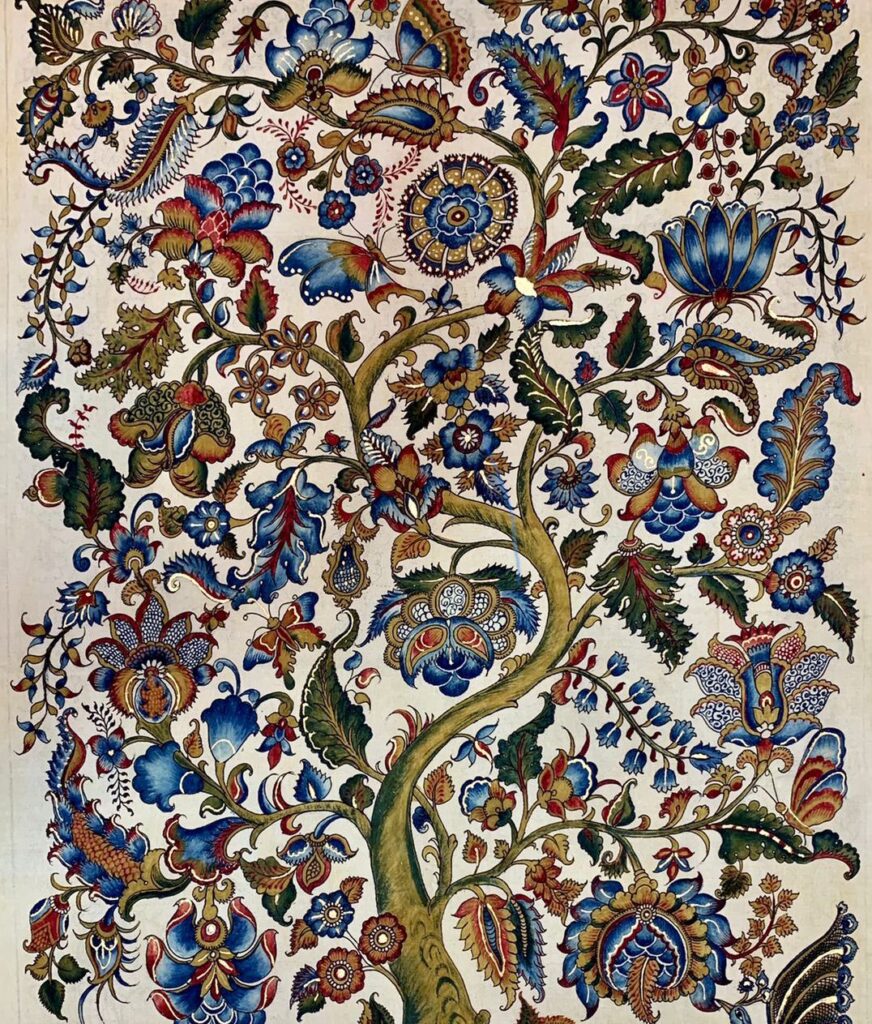
Cotton cloths painted with elegant tree of life motifs by Niranjan Jonnalagadda
The Chintz to Prints workshop is also unique in that it attempts a jugalbandhi of cultures, bringing together the South Asian craft and the Southeast Asian consumption and remake of it to the fore. First, it offers participants a unique 4-day chintz making studio to understand the complexity and technique behind the chintz, thus deconstructing an abstract concept. Second, it gives participants the opportunity to juxtapose the chintz and batik cloths, as a metaphor for the juxtaposition of South and Southeast Asian history, to understand the nuances of cultural, economic, and socio-political exchange between the regions. The age-old networks and their disruption by European middlemen is also reflected in the inclusion of European roller prints that flooded the Southeast Asian markets to replace the Indian chintz. Last, it will enable participants with the skill to approach such material evidences of history with an informed view, and enable them with the skills to incorporate material evidence in their work or research, going beyond archival images. The workshop is also an opportunity for participants to engage in South-Southeast Asia’s history outside of a lecture setting, and uses unorthodox learning techniques to make the workshop engaging.
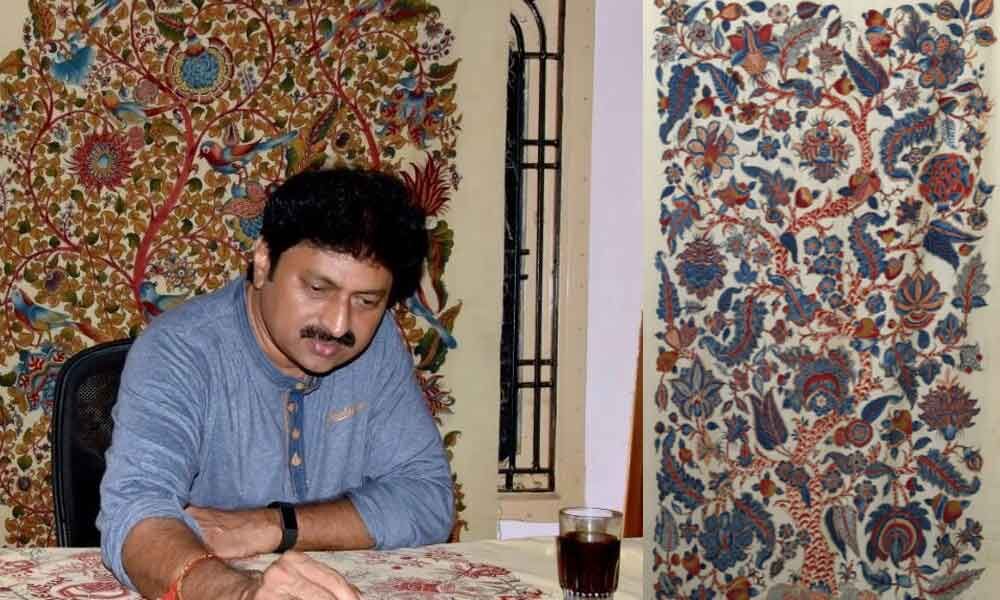
Traditional kalamkari artist, Niranjan Jonnalagadda
The Chintz making studio will be facilitated by mastercraftsman Niranjan Jonnalagadda, son of award winning kalamkari mastercraftsman Gurappa Chetty, who will be coming down from the Southeast of India to share his craft. The workshop will then be led by well-known collector and curator Peter Lee. Participants will have the opportunity to handle rare cloths (Indian chintz, European roller prints, and Southeast Asian batik) during the workshop.
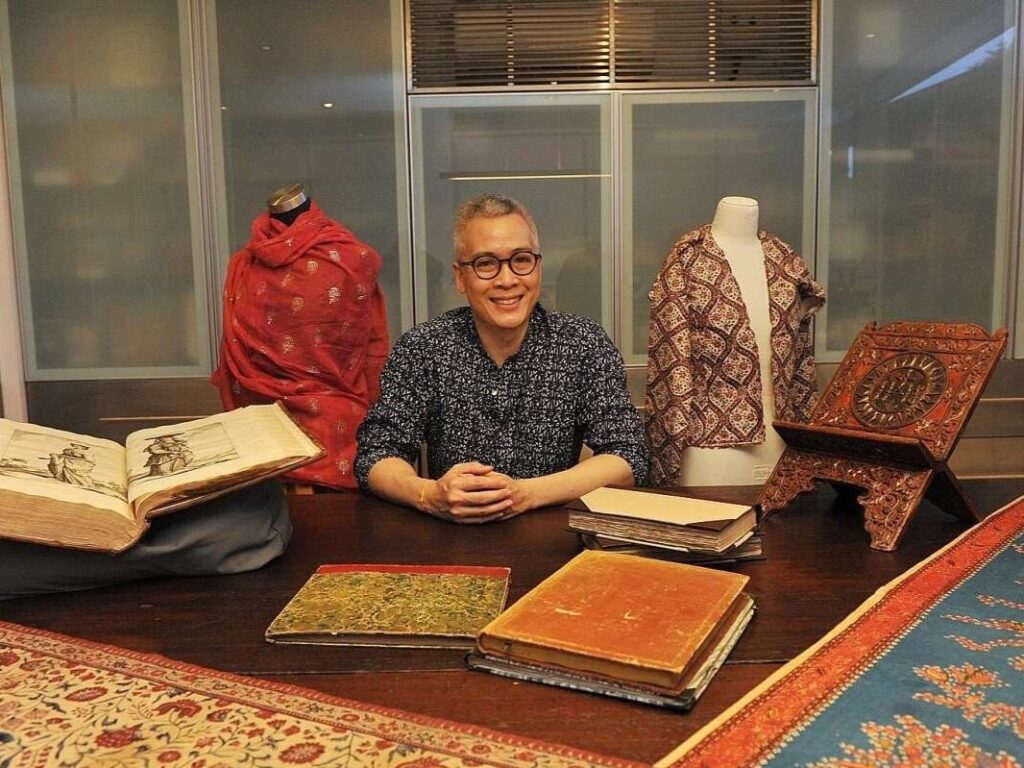
Collector and Curator, Peter Lee
About Antāti:

Antāti is a museum and historical research consultancy. Founder, Nalina Gopal, has a breadth of experience in Singapore, South and Southeast Asia. Antati offers training, expert guidance, and research in the fields of history, art, and heritage. The name, Antāti is intended as a constant reminder to write the history of this culture and community where it was left off, a statement that the writing of history has no beginning (āti) or end (antam) and that it requires a constant revisit of the past cycle of events.
Extending to the domains of publishing, curatorial consultancy, and historical research (for heritage and media initiatives),Antati intends to correct the lens with which South and Southeast Asian culture and history is presented in popular narrative. Antati will also undertake the commissioning and publishing of fiction and non-fiction books that are based on the interconnected histories of South and Southeast Asia.
Key needs for the museum industry in terms of archiving, translation, collection development, collections management, mounting, and collections display will also be offered ensuring heritage documentation, and the long term presentation of cultural content.
About CEK
CEK is a joint venture between INDICA and Sunny Narang and Akanksha Damini Joshi. CEK has been conceived for preserving, protecting and promoting non textual civilisational heritage of India. More specifically CEK seeks to :
- Document the processes of shuddha (authenticity), desi (indigeneity), sthana (locality) in embodied traditions like crafts, handlooms, vrkshayurveda, visual and performing arts and all other indigenous knowledge practices.
- Enable embodied practitioners to take ownership of their traditions epistemically, socially, culturally, legally.
- Nurture living and lost embodied traditions and community relationships.
- Facilitate cross cultural and interdisciplinary interactions, exposure to historical and contemporary technologies.
- And finally, enable the consumer’s journey to become a rasika, a spiritual aesthete.
About Nalina Gopal
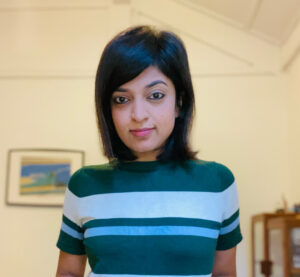
Nalina Gopal is an Independent Curator and Researcher based in Singapore where she runs a historical research and museum consultancy, Antāti. She was, until earlier this year, curator at the Indian Heritage Centre and oversaw the centre’s curatorial team. She played a key role in setting up the Indian Heritage Centre, the first of its kind heritage institution in Asia Pacific showcasing the heritage of the Indian community in multi-cultural and multi-ethnic Singapore. She also performed a crucial role in mapping the visual heritage of Singapore’s Indian community.
She is a senior curator who has made it her mission to interpret South Asian diasporic cultures and present South Asian content with cultural sensitivity. She has conceptualised several significant programmes that have showcased the intangible heritage and craft traditions of South Asian mastercraftspersons and diasporic artists. She is an active champion of civic engagement through social and cultural dialogue; trusted subject matter expert to communities of researchers, students and scholars, businesses and new immigrants for purposes of cultural integration and assimilation. She is an objective historian with a commitment to multi-faceted, non-partisan narratives through keen sense of discretion and independent judgment. She has steered academic partnerships for the museum in collaboration with academics on diasporic history and heritage to fill gaps in the wide-spread narrative of Indian communities in Singapore and Southeast Asia and has edited and authored seminal volumes on the heritage and history of diasporic Indian communities in Singapore and Southeast Asia. She has successfully implemented effective curatorial strategies and project-managed teams for cross-disciplinary museum projects (historical and contemporary). She is also well-versed in the effective use of technology to transform visitor experience through use of innovative, immersive, and interactive technologies including AR and 3D holographic showcases.
She has spent over 15 years researching the history and heritage of diasporic South Asian communities in Singapore and Southeast Asia. Her penchant to make history relevant has seen her curate landmark exhibitions and author seminal publications on the subject. Some of her recently curated include Indians in Singapore: Past and Present, Symbols & Scripts: The Language of Craft, Chetti Melaka of the Straits: Rediscovering Peranakan Indian Communities, From the Coromandel Coast to the Straits: Revisiting Our Tamil Heritage, and Sikhs in Singapore: A Story Untold. She has edited exhibition catalogues Once Upon A Time in Little India, Word & the Image, as well as co-edited Sojourners to Settlers: Tamils in Southeast Asia and Singapore, a Bicentennial two-volume commemorative publication which traces the spread of Tamils into Southeast Asia from pre-modern times and their impact on the region right into the contemporary era.



